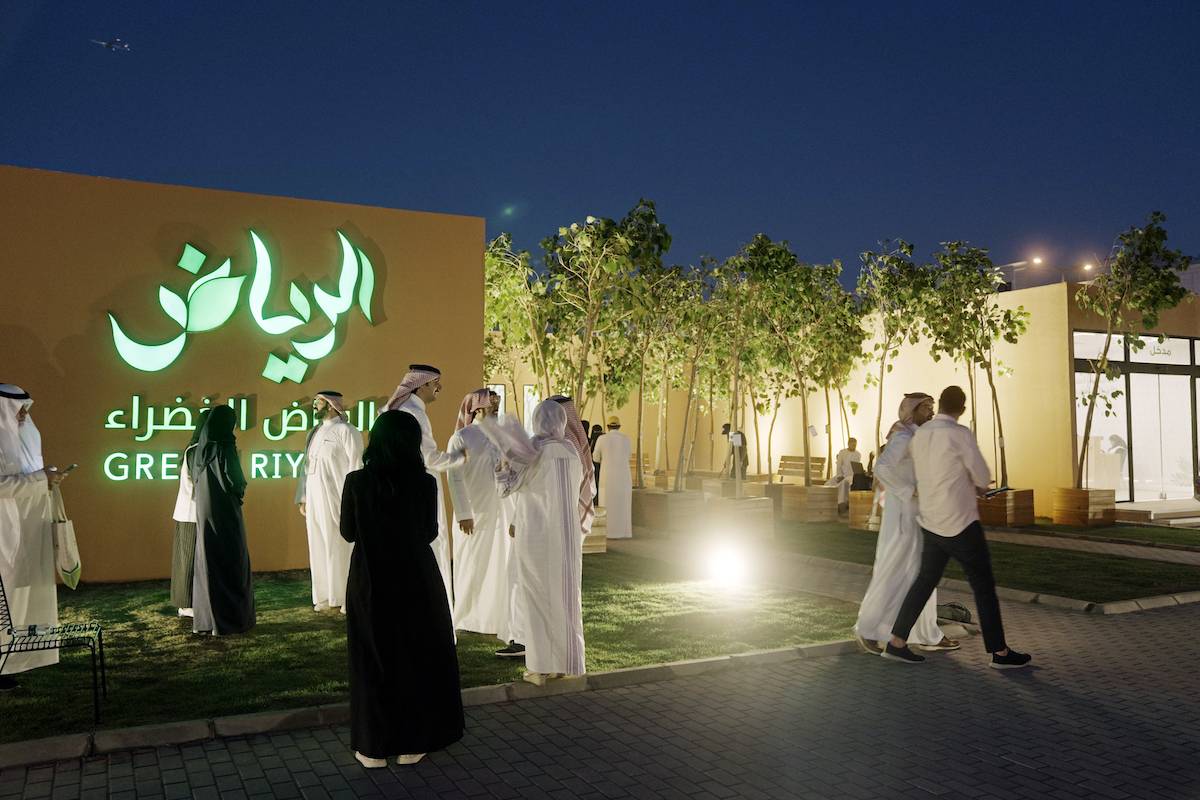Vision 2030: Why renewable energy is the key to a healthier, wealthier future
October 30, 2024

As ways to curb carbon emissions become more urgent with each passing day, Vision 2030 takes a much needed, sometimes radical but always sensible plan for Saudi Arabia and oil-rich economies to go renewable and make the environment cleaner, the economy healthier and the society stronger as is stated in the book, “Saudi Aramco 2030: Post IPO challenges”, by Mohamed A Ramady.
While the Kingdom’s historic past coverage is dominated by oil, Vision 2030 has announced: we know where the past is headed, and it is in renewables. Wherever oil giants go, money is sure to follow.
With a clear goal to bring up the renewable energy mix to 50 per cent by 2030, Saudi Arabia is choosing the path to be as economically smart as they are environmentally savvy.
According to the Paris-based International Energy Agency’s 2023 Executive Summary Report, Saudi Arabia plans to achieve at least 50 per cent of the electricity needs from renewable energy, increasing its installed capacity to close to 60 gigawatts of renewable capacity by 2030.
Personally, I find this number a little low compared with the long-standing investment in renewables in Europe, but every marathon has to start somewhere, and Saudi Arabia is now learning how to be where Europe has always been.
READ: Saudi Arabia opens Sindalah, the first luxury project completed for futuristic megacity NEOM
Planning for Vision 2030 could follow the likes of Europe and come up with similar subsidisation and regulation of the energy market that keep renewables competitive with fossil fuel-based energy systems. Beyond just energy, Saudi Arabia is on a mission to bring up a sustainable forward-facing lifestyle change through renewables to perpetuate a public with skill and cultural enactment. Although the change is environmental first and society next, its true impact is on both.
By changing the way Saudi Arabia produces energy, Saudi Arabia talks about the need to come up with living and lifestyle planning, energy efficiency and, of course, greener ways of living, technology and science. Europe leading in the drive to greener energy has pushed a similar drive for renewables in the countries with greener lifestyle. One of the main targeted areas in this historic bit for change is in energy efficiency where Saudi Arabia is looking at manufacturing new low energy-consuming housing that is eco-friendly. Apart from having homes that do not need much fuel to power, Saudi Arabia will encourage the use of public transport in the cities to cut down energy demand and promote lower carbon mobility in population areas.
Cleaner air for a healthier society
A shift to renewables will also bring other benefits to the Kingdom. In addition to economic aspects, it is a public health issue. The World Health Organisation reports that today’s air pollution leads to different forms of respiratory diseases, with countries spending billions each year on healthcare for damages caused by fossil fuels. For a country like Saudi Arabia that regularly faces high air pollution, the health costs associated with fossil fuels are substantial. A shift to solar and wind energy will help reduce harmful emissions, thus improving air quality and reducing respiratory illnesses. European countries that have made renewables a priority are already experiencing the benefits. As the largest producer of wind energy in the world, Denmark has a wonderful case to describe how a shift to renewable energy will affect health. About 50 per cent of the country’s electricity supply comes from wind and, today, Denmark reports a lessening of pollution-related health issues.
The European Environmental Agency reports that meeting air-quality targets could save up to 114,000 lives every year in the EU. If Saudi Arabia were to make a large-scale move to renewable energy, it could have similar health benefits. The true promise of Vision 2030 is to lay the groundwork for deep economic reforms, and also to provide a framework for a healthier society.
Overall, the drive to renewables is targeted to shift Saudi society to better lifestyles of sustainability, including a push to in-house energy generation, greener energy consumption and encouraged by the simple, clean and green drive to renewables.
READ: Norway signs carbon capture deal with Saudi Aramco
Inspiration can be found in Europe’s renewable success story. Europe’s renewable energy transition holds some important lessons for Saudi Arabia when it comes to learning from the mistakes of the past (and, hopefully, not repeating them).
Learning from Europe’s renewable success story
Relatedly, a heavy dose of government inducement and support is needed. You cannot achieve scaled-up renewable energy booms by leaving it entirely to the market. Europe’s robust renewables boom experienced a slow start but, over the past decade, the sector has been growing at a quasi-exponential pace. It took government incentives, mandated incentives and massive amounts of investment to get it started, and the same will have to be true for Saudi Arabia’s transition. Germany’s Energiewende policy, (energy transition in German) which subsidises renewables and sets a guaranteed rate for electricity prices (even going negative on certain days), has drastically reduced German emissions by 40 per cent from 1990 levels. Similar commitments by Riyadh would be feasible, and Vision 2030 has already set the country on what appears to be the right trajectory. Second, Saudi Arabia has mostly committed the right amount of money to renewables. The country has pledged $50 billion to solar and wind projects and has set a goal of about 60 gigawatts of renewable capacity by 2030 (about a fifth of Saudi Arabia’s current power-generating capacity).
For a country that has been wedded to oil for so long, that seems like a slam-dunk commitment. While Vision 2030 is off to a good start, it could follow Europe’s lead in implementing similar subsidies that effectively make renewables more competitive with fossil fuels, hastening the transition.
READ: Saudi Arabia concludes deals to build world’s largest green hydrogen plant
The views expressed in this article belong to the author and do not necessarily reflect the editorial policy of Middle East Monitor.
Search
RECENT PRESS RELEASES
Related Post



